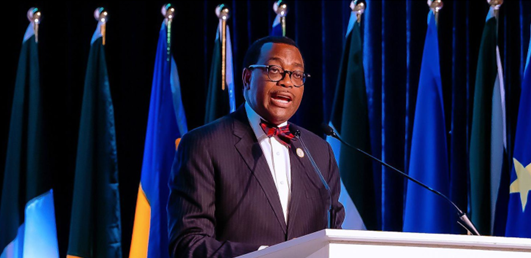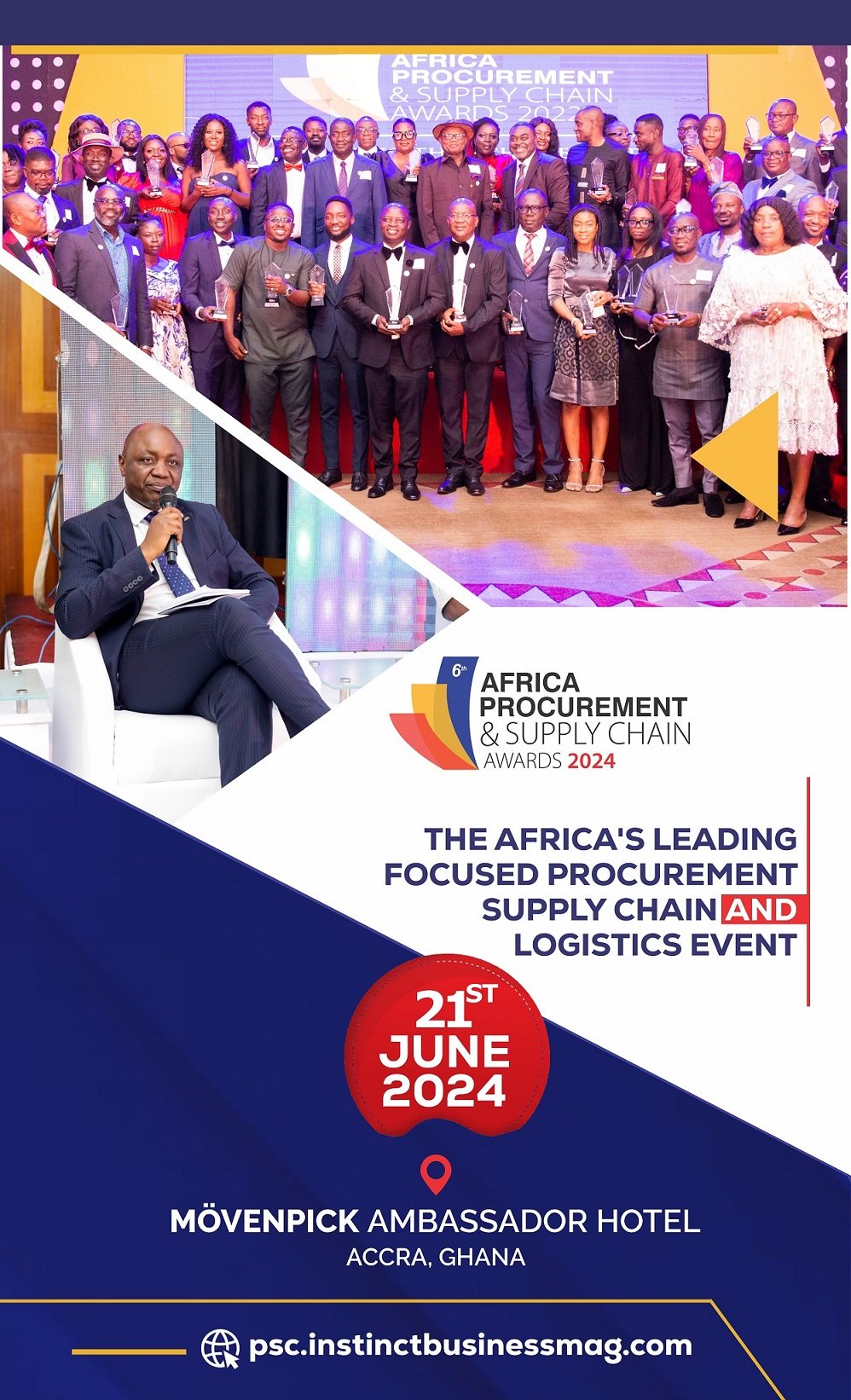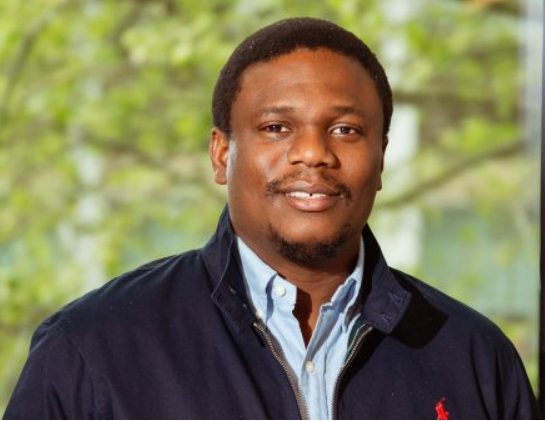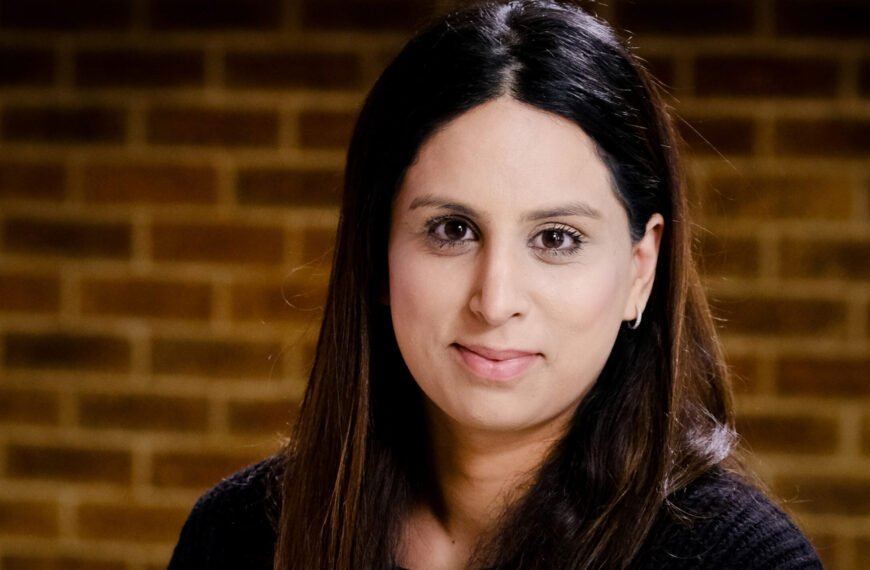
Ghana: TVET water management curriculum inaugurated
In Ghana, Grundfos SafeWater, in collaboration with Global Water Center (GWC) and their partners, is addressing both unemployment and inadequate water infrastructure simultaneously. Their ambitious strategy involves training young Ghanaians to become certified technicians capable of maintaining the country’s water systems.
According to the World Bank, in 2021, Ghana’s youth unemployment rate was 19.7%, with an even higher rate of 32.8% among the younger age group (15-24). Equipping these young individuals with the necessary skills is vital in addressing the water access crisis, as over 26% of Ghanaians (more than eight million people) lack access to safe drinking water.
The initiative, funded by the Grundfos Foundation, achieved a significant milestone in January 2024 as the first 20 students commenced a specialized vocational training program at the St. Paul’s Technical Institute in the Eastern region. A laboratory has been equipped to provide students with hands-on experience as part of the training.
Two curricula for the program, developed in partnership with Safe Water Network, Cleanearth Scientific, Water Mission, Jahan Engineering, the Ghana Technical & Vocational Education Training (TVET) Service, Dr. Stephen Turkson, and Grundfos distributors, have been established. These curricula will equip school-leavers with the skills needed to install and maintain small-scale water systems, especially in rural areas. Approved by the Board of the Commission for TVET (CTVET) in October 2023, the curricula are tailored to meet industry standards and requirements.
Eileen Jarnholt, Project Manager for TVET Development at GWC — a non-profit in capacity development of the WASH sector — says: “National Certificates I and II in Water Technology have been approved. Project partners are working together with the pilot school to prepare the staff and facilities for student to begin in January 2024.”
“Building skills is core to our values,” says Anise Sacranie, Water Access Director, Grundfos SafeWater. “This programme does just this in rural areas where the need is greatest to ensure that water systems are reliable and sustainable. Ghana has about 100 TVET institutions, 47 of them supported by the government — these are the ones that can now run the curriculum. We hope this certification can be replicated across the country and provide the basis to scale the concept across the continent!”
Xorlali Yao-Kuma Kpodo, Engagement Manager at Grundfos SafeWater, highlights that nearly one-third of existing water systems in Ghana are non-operational due to inadequate maintenance, with many others operating below their intended capacity. He emphasizes that a lack of sufficient skills is a contributing factor to this issue.
The new TVET initiative is designed to change this narrative. “Young people will study solar pumps, water systems, treatment, distribution, how to reduce non-revenue water, irrigation, and so forth,” says Xorlali. “This will equip them with employable skills and will support efforts to bridge the skills gap that small-town water implementers face across the region.”















